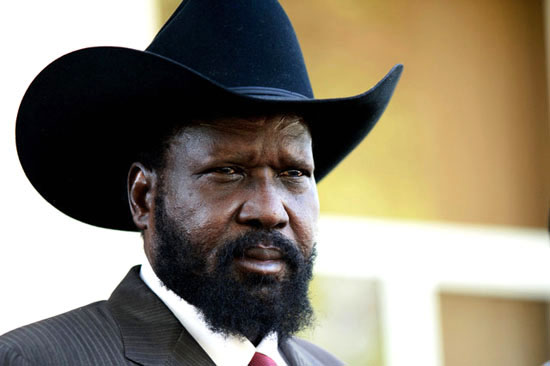JUBA – The Community Empowerment for Progress Organization (CEPO) is highly concerned with the announcement that the South Sudanese national general elections will be held in May 2015–an announcement made by by the National Elections Commission (NEC) Friday.
Holding national elections while some parts of the country are in situations of significant violence is totaling unacceptable. This demonstrates that NEC is working for undemocratic national elections.
Edmund Yakani, executive director of CEPO said that the credibility of the electoral process is determined by having peaceful electoral proceeding. Secondly, having national elections without a population census, genuine constituencies’ demarcation and peaceful electoral campaigns, will result in elections without any credibility.
“CEPO is calling upon the leadership of President Salva Kiir to move forward the national general elections after peace is attained in the country, rather than conducting them in May 2015.”
He said CEPO acknowledged that the Transitional National Constitution of South Sudan of 2011 call for elections to be conducted in 2015 before the expiration of the current government mandate, which will be on July 9, 2015.
“The current situation that electorates and aspirants are facing in the country cannot allow them to participate in the election process freely,” Yakani stated.
Additionally, Yakani said the ongoing violence in the country could create an atmosphere of violent elections, intimidation and harassment during the election process of political campaigns and voting.
Opposition political parties will have to take legal measures to compel the government from holding the 2015 general elections as the conditions will not allow for a free and fair vote, according to Dr. Lam Akol, the leader of SPLM-DC.
The minority leader from SPLM-DC in the national legislative assembly, Onyoti Adigo, attacked the government’s demand for elections in 2015, saying it was unacceptable.
Yakani added that CEPO strongly believes that the current context of violence in some parts of the country–if national elections are held, the possibility of the politicians that will not win the elections joining the strategy of waging war against Juba is high since we have witnessed this practice in the April 2010 national general elections.
“Therefore CEPO is calling for the deferral of the declared South Sudan national elections, May, 2014, to be held after peace is achieved in South Sudan by the warring parties under the IGAD-led mediation in Addis Ababa Ethiopia.”
CEPO is an organization engaged in the areas of peace, conflict mitigation, human rights, and rule of law, livelihood, governance and democratic transformation. It is neutral, non-partisan, non-religious, non-race entity. CEPO is based on the principle of community empowerment and inclusive participation. Its core values are commitment, accountability and transparency (CAT).
By Moi Julius
Link

